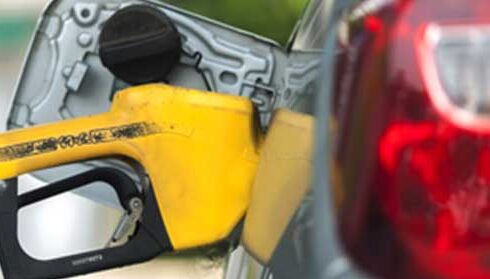Fuel prices kept artificially high

Fuel prices fell by an average of 12p in August, the largest monthly drop on record, but are still a long way from reflecting the current wholesale fuel cots.
According to the RAC Fuel Watch, the average price of a litre of unleaded is now under 170p (169.8p) for the first time since May. However, with the average wholesale price of a litre of petrol now just 124.08p the RAC believes average forecourt petrol prices should actually be around the 161p mark.
Meanwhile, drivers of diesel vehicles saw 8.35p coming off the average price of a litre with the pump price ending August at 183.71p, a price the RAC considers is a fairer reflection of wholesale prices.
RAC spokesperson Rod Dennis said: “Twelve pence a litre is a lot to come off prices in a single month so there’s no doubt things could be worse, but in reality drivers of petrol vehicles are still invariably getting a raw deal at the pumps. For whatever reason, major retailers are choosing not to pass on in full the reductions in the wholesale price of unleaded they’ve been benefiting from for some considerable time now – and this continues to mean drivers are often paying much more every time they fill up than they should.
“By the end of August wholesale prices were lower than they were at the start of the month, so even factoring in buying cycles there is a very strong case for the biggest sellers of fuel to cut their forecourt petrol prices further. Allowing for a generous 10p a litre margin, we should be seeing the petrol sold for around 161p a litre. Some big supermarket sites aren’t too far off charging this – but there’s a real postcode lottery out there with prices varying wildly depending on where a driver is in the country.
“There’s also no getting away from the fact that fuel can make up a huge chunk of a household’s monthly expenditure alongside energy costs. We urge the incoming Prime Minister to heed our calls for more financial assistance for drivers, such as a deeper cut in fuel duty, and to look carefully at the much more generous packages of help being offered to those in other countries across Europe.”








